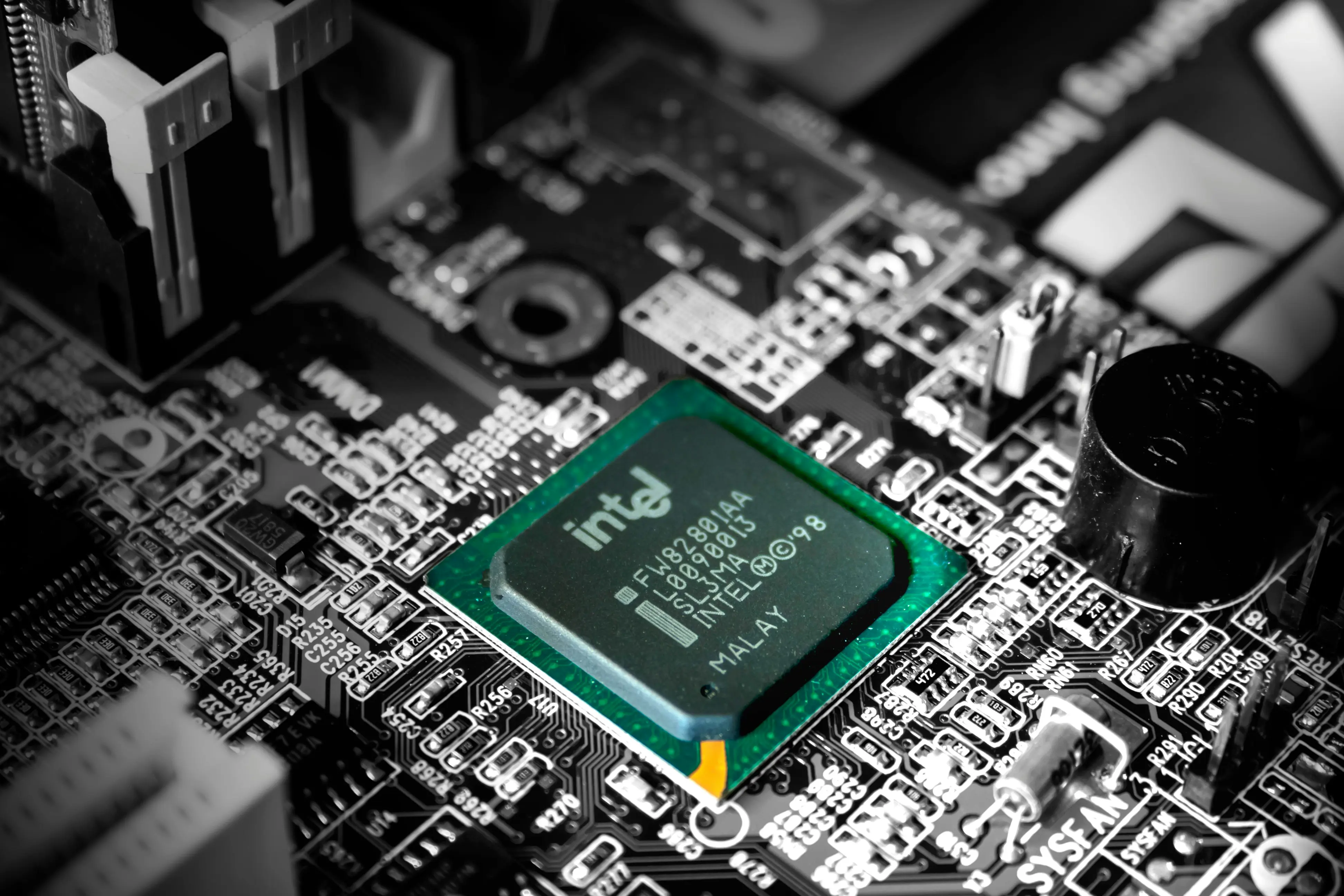To Spin Or Not To Spin: The Quantum Dance Of Electrons

In the ever-fascinating world of quantum physics, the concept of 'spin' isn't about twisting or turning in the way we might think. Instead, it's a fundamental property of particles, akin to charge or mass. Yet, despite its central role, understanding spin's precise nature has long puzzled scientists. A recent study led by researchers from Kyoto University delves into this mystery, offering new insights into how electrons exhibit spin.
The study, published in January 2025, challenges traditional views by exploring conditions under which an electron might not adhere to the conventional understanding of spin. This breakthrough could potentially reshape the foundational principles of quantum mechanics.
So, what exactly is spin? In simple terms, it's a quantum property that gives particles like electrons a magnetic moment, as if they were tiny bar magnets. Spin is quantized, meaning electrons can only exist in specific spin states, often labeled as 'spin up' or 'spin down'. This binary nature is essential in various technologies, including magnetic storage devices and quantum computing.
The Kyoto University team conducted experiments that manipulated the environment surrounding electrons to observe their spin properties. They found that under certain conditions, electrons can occupy a 'superposition' of spin states. This means they can exist as both 'spin up' and 'spin down' simultaneously, a core concept in quantum mechanics that defies classical intuition.
Why does this matter?
The ability to understand and control electron spin is crucial for advancing quantum computing. In these systems, information is stored in quantum bits or qubits, which leverage superposition to perform complex calculations far beyond the reach of classical computers. By comprehending how electron spin can transition between states or occupy multiple states at once, we edge closer to developing more efficient and powerful quantum technologies.
The implications of this research extend beyond computing. Spin is also integral to the field of spintronics, where the spin of electrons is exploited to innovate new types of electronic devices. As researchers continue to explore these properties, the potential for breakthroughs in energy efficiency and processing speed becomes increasingly tangible.
In conclusion, the study from Kyoto University not only enhances our understanding of quantum mechanics but also propels us toward new technological horizons. As we continue to unravel the complexities of the quantum realm, the question remains: In a universe where particles can dance between states, how will we harness this dance to shape the future?